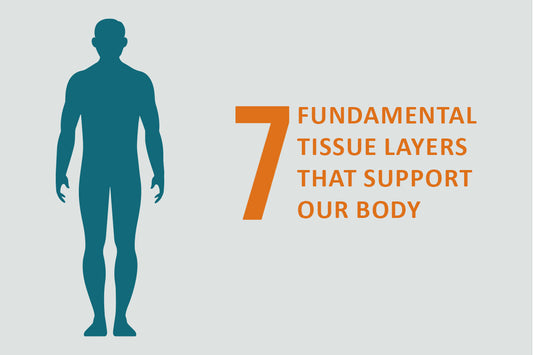Many people are balancing packed schedules, and finding time to squeeze in physical activity can be challenging. For some, nighttime is the only opportunity to exercise. But is it wise to work out late in the evening? The question of whether exercising at night affects sleep has been a topic of discussion for years. Some believe that it disrupts sleep, while others argue that it helps them relax and drift off. So, what’s the truth? Let's explore how exercising close to bedtime might influence your sleep quality, including the role of factors like aerobic exercise, intensity, and total sleep time.
Understanding Sleep and Exercise
Exercise plays a vital role in our overall health, and regular physical activity is linked to numerous benefits, including better sleep. However, the timing and intensity of your workout might influence how well you sleep at night.
- The Science Behind Sleep: Slow-Wave and Deep Sleep
To understand how exercising at night affects sleep, it's essential to know a bit about sleep stages, particularly slow-wave sleep (SWS) and deep sleep. SWS is the most restorative phase of sleep, where the body repairs and regenerates tissues. Deep sleep is critical for feeling refreshed the next day. Some studies suggest that moderate-intensity workouts can help maintain or even enhance these sleep stages. But how does this work when the workout is done close to bedtime?
- Exercise Before Bed: What the Research Says
- Aerobic Exercise and Sleep Quality
Aerobic exercise, like running or swimming, is often recommended for better sleep. Engaging in aerobic activities a few hours before bedtime might help you sleep longer and experience more profound sleep stages. But timing is crucial. If you exercise too close to bedtime, your heart rate and core body temperature remain elevated, which can make it harder to fall asleep. The key is to time your workout at least a few hours before hitting the sack.
- Vigorous Exercise and Its Impact on Sleep
Vigorous exercise, such as high-intensity interval training (HIIT), can significantly increase your heart rate and core body temperature. While regular exercise is beneficial, working out intensely right before bed can make it more difficult for your body to wind down. Some people who exercised vigorously close to bedtime reported difficulty falling asleep, while others experienced no issues. This difference suggests that individual responses to late-night workouts can vary.
- How Late-Night Workouts Affect Sleep Disorders
For those dealing with sleep disorders or occasional sleeplessness, the timing of exercise is even more critical. While regular exercise can help maintain healthy sleep patterns, exercising late at night might aggravate issues for some individuals. On the flip side, others may find that it helps ease the minds and supports a good night’s sleep with a calm mid. If you struggle with sleep disorders, it’s worth trying with different workout times to see what works best for you.
- Moderate-Intensity Workouts and Their Sleep Benefits
Moderate-intensity workouts, such as brisk walking or yoga, are less likely to disrupt sleep even if done later in the evening. These activities can help maintain your core body temperature without drastically increasing it, making it easier to transition into sleep. Many find that such exercises help them relax, which might contribute to a better night’s rest.
- Timing Your Exercise for Optimal Sleep
- Hours Before Bedtime Matter
To help ensure that exercise enhances rather than hinders your sleep, consider timing your workouts. Experts suggest finishing your exercise at least 3 hours before bedtime. This window allows your heart rate and core body temperature to return to normal, setting the stage for restful sleep. If you’re engaging in moderate-intensity exercise, you might find that working out closer to bedtime doesn’t affect your ability to fall asleep as long as it’s not too intense.
- Physical Activity Throughout the Day
It’s also important to note that physical activity during the day, not just before bed, contributes to better sleep. Regular exercise, whether morning, afternoon, or evening, has been shown to help enhance sleep quality over time. The key is consistency—making exercise a routine part of your day.
Conclusion
So, does exercising at night affect sleep? The answer isn't one-size-fits-all. While exercising close to bedtime may make it harder to fall asleep for some, others might find it helps them relax and drift off. The intensity and timing of your workout play a significant role. Aerobic and moderate-intensity exercises can support healthy sleep patterns, especially when done a few hours before bed. However, vigorous workouts may require more careful timing to avoid disrupting your sleep.
Ultimately, it’s about listening to your body and finding what works best for you. Regular physical activity is crucial for overall health, including sleep. By experimenting with the timing and intensity of your workouts, you can discover the best approach to ensure a restful and restorative night’s sleep.






